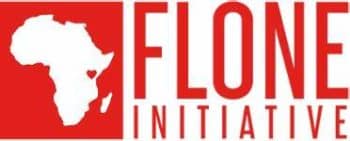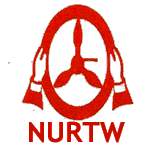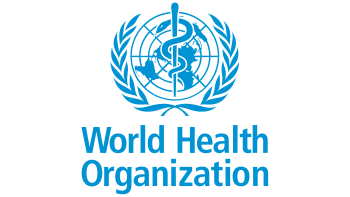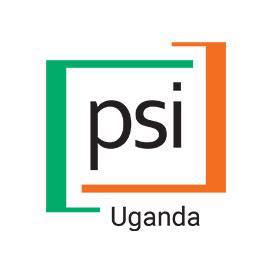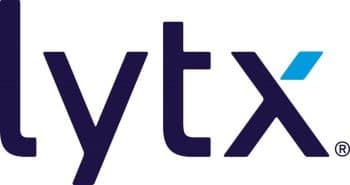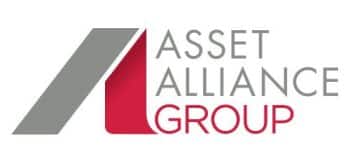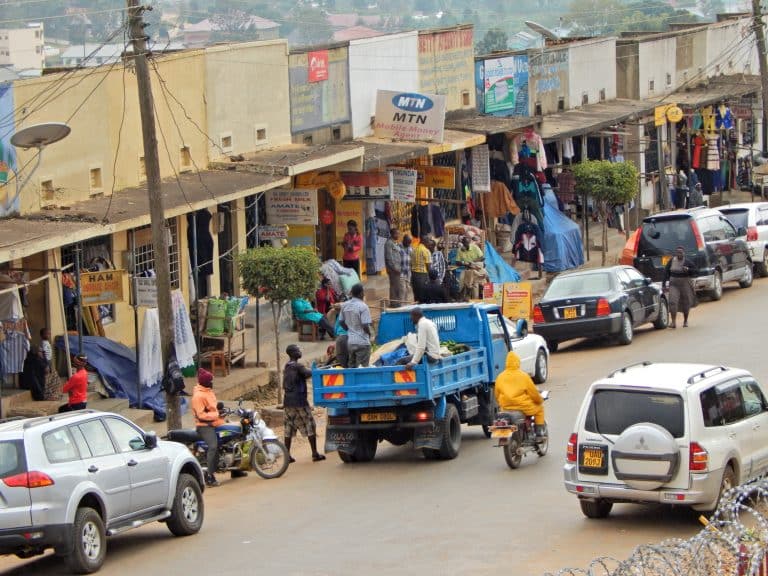
Our Programmes

The TrAIDe project to help improve livelihoods in Ethiopia
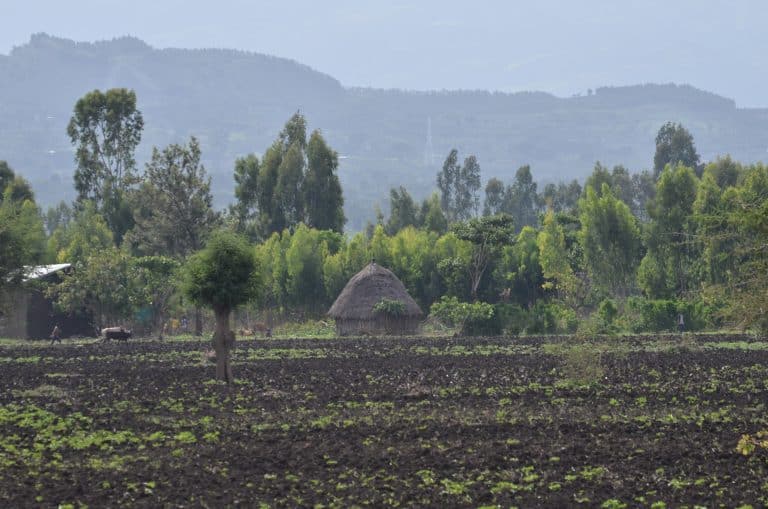
It is estimated that 85% of the population in Ethiopia gain their livelihood directly or indirectly from agriculture production. The agriculture sector accounts for almost 45% of Ethiopia’s GDP, yet it is constrained by the lack of affordable transportation, storage facilities and the road network infrastructure. Low cost solutions implemented in these areas would increase the efficiency of trade, stimulate an increase in production and boost returns to farmers and other primary producers.
The Kuehne Foundation, an organization that supports technical assistance, training and further education in logistics and transport, commissioned Transaid, in partnership with Hawassa University, to assess the transport and logistics of farm produce in rural Ethiopia to local and regional markets. The vision of the TrAIDe project is to research approaches for reducing the cost of getting farm produce to market, increase access to markets for rural farmers, reduce wastage in the agriculture supply chain, and develop and implement local transport solutions.
Transaid supported the Hawassa University to conduct research to gain qualitative data relating to the challenges farmers face in terms of transporting their produce from farm to market. The study set out to determine what the major agriculture products produced in the study area are, identify which modes of transportation for inputs and outputs are available, and understand local approaches to marketing goods and the marketing conditions.
It was found that few households have access to intermediate means of transport (IMTs), and those who do are limited to animal drawn carts which are hindered by poor road access to markets. Motorized transport is limited to towns and therefore rural areas do not have access to it. These challenges often limit farmers to walking and carrying produce on their backs, heads or shoulders. In addition the lack of affordable storage facilities forces the farmers to sell their perishable produce immediately which limits their selling flexibility and reduces the price they could get if they were able to hold back some of their produce. There are also challenges relating to how produce is stored following the harvest; infrastructure is often inadequate, and controls for stock rotation and pest control are often insufficient.
Transaid is currently conducting a detailed cost/benefit analyses in order to develop effective project intervention solutions. This project is important for the wellbeing and livelihoods of rural farmers in Ethiopia as well as crucial for their food security.
More Programmes


